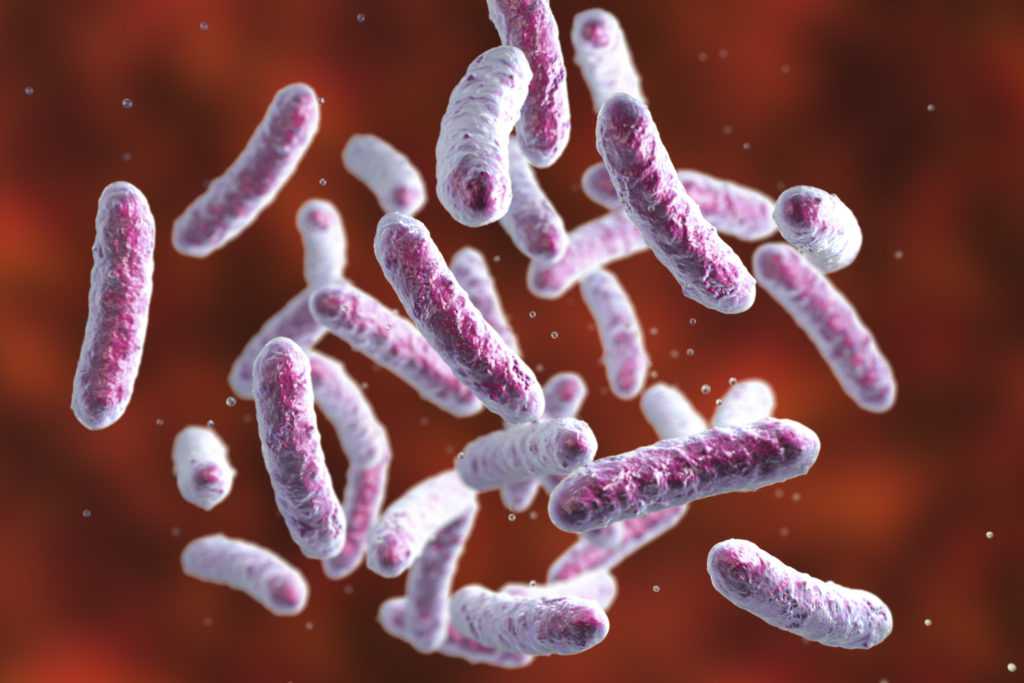Gut microbes could possibly be key element to treating ulcerative colitis
08 March, 2020

Scientists have linked a good missing gut microbe to ulcerative colitis, starting the door to a good possible new treatment.
A team of scientists from Stanford University Institution of Treatments, California, has recognized a gut microbe that is missing in some people. This finding could be essential to why some individuals develop ulcerative colitis.
The study appears in the journal Cell Sponsor & Microbe.
The scientists hope that by replacing the function of the missing microbe, it might be possible to build up new and more effective treatments for ulcerative colitis.
Ulcerative colitis
The National Institute of Diabetes and Digestive and Kidney Diseases note that ulcerative colitis is a kind of inflammatory bowel disease.
It triggers inflammation and sores in a person’s large intestine, that may result in belly pain, weight loss, diarrhea containing pus or blood, and other issues.
The symptoms of ulcerative colitis can range between gentle to severe, and there happens to be no cure. Instead, treatment options focus on keeping the disease in remission for as long as possible.
Treatment usually commences with medications, but if these usually do not work, medical procedures may be necessary.
In line with the Crohn’s and Colitis Base of America, 23-45% of people with ulcerative colitis will eventually have to have surgery.
Surgery involves the entire removal of a person’s colon and rectum. The surgeon will create the stoma, which works as an external pouch to acquire intestinal contents, or an ileoanal reservoir, that is a J-designed pouch at the end of the tiny intestine that will the same job.
Until now, researchers have not been sure why ulcerative colitis influences some people rather than others. The new analysis from the staff at Stanford suggests that a key purpose may be the insufficient particular gut microbes.
Bile acids
Some people who have medical procedures to create the J-shaped pouch because of their ulcerative colitis will find that inflammation and the associated symptoms return.
Interestingly, people who've the genetic state familial adenomatous polyposis (FAP), which also necessitates the creation of a J-shaped pouch, hardly ever knowledge any inflammatory symptoms.
The researchers wanted to work out why this is the case. To take action, they compared two sets of participants, one with FAP and the other with ulcerative colitis, seeking for any significant distinctions between them.
They found that a key difference was the presence of a type of bile acid in the intestines, that was in far greater quantities in people that have FAP than in people that have ulcerative colitis.
These bile acids certainly are a natural part of a wholesome gut and help breakdown fats.
Gut microbes
In the intestines, bacteria convert these bile acids to secondary bile acids.
The scientists could actually identify a particular bacterial family called Ruminococcaceae that was underrepresented in those with ulcerative colitis.
Ruminococcaceae bacteria are actually the main type of microbe that converts principal bile acids into secondary bile acids.
As Dr. Aida Habtezion, a co-employee professor and senior writer of the analysis, notes: “All healthy people have Ruminococcaceae in their intestines. However in the [ulcerative colitis] pouch patients, members of the family were drastically depleted.”
Assisting to confirm their results, the investigators discovered that stool samples by the individuals with FAP turned most important bile acids into secondary bile acids, whereas samples by those with ulcerative colitis didn't.
The team then gave acid supplements to mice who had ulcerative colitis to displace any missing secondary bile acids. This decreased inflammation along with the common symptoms of colitis in mice.
“This study helps us to raised understand the condition,” says Dr. Habtezion.
“We hope it also leads to our to be able to treat it with a good naturally produced metabolite that’s already present in high quantities in a wholesome gut.”
- Dr. Aida Habtezion
To get to this aspect, the team is currently conducting a scientific trial to discover whether an acid dietary supplement can help persons with ulcerative colitis.
Source: www.medicalnewstoday.com
TAG(s):
